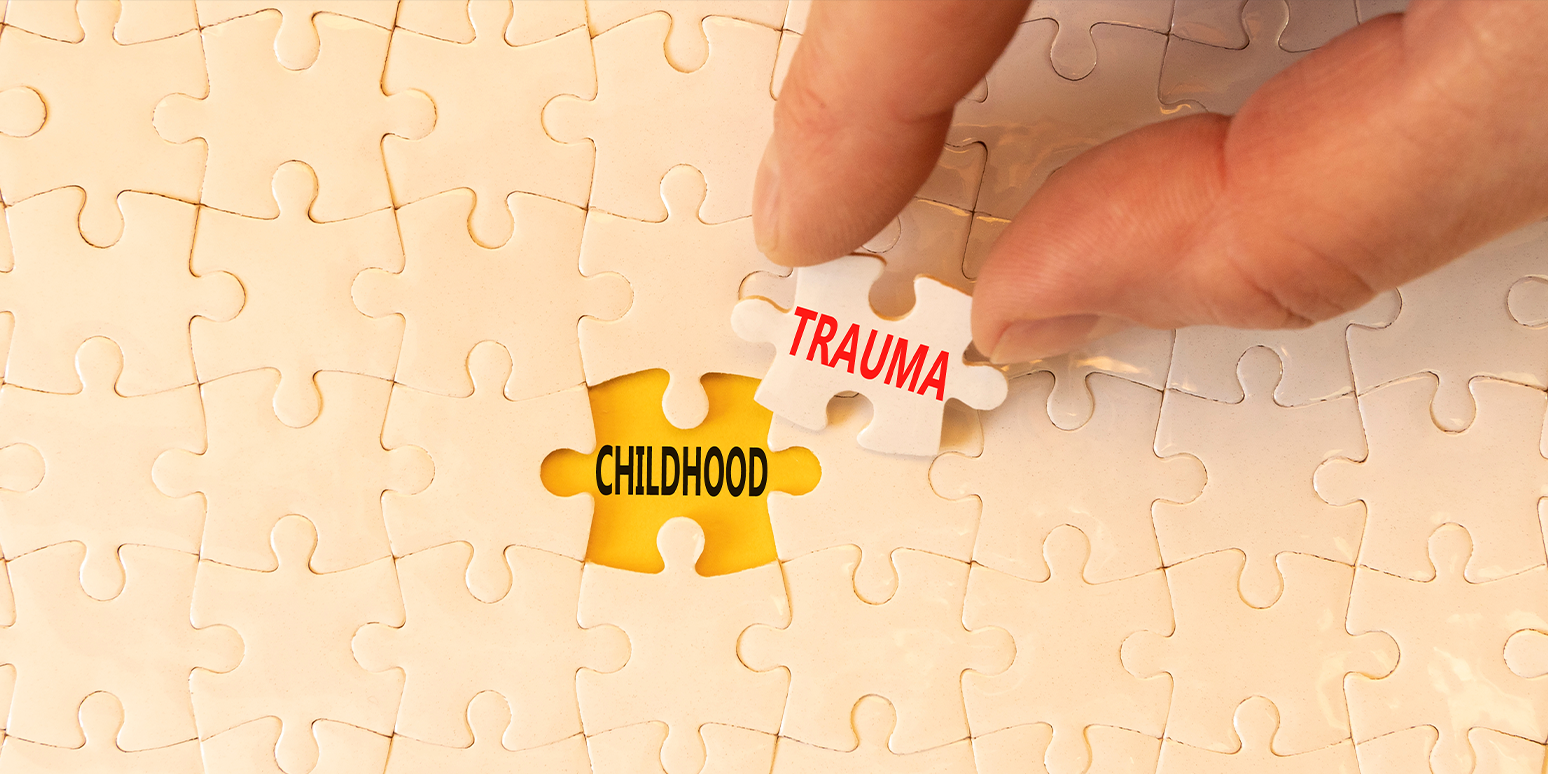Written by Judge Kim Dowling
The last entry in my blog discussed trauma and ACE’s (adverse childhood experiences). That continues here, so you might look back there if you missed it.
ACE’s are even more central in my work because my court also supervises our juvenile court, where ACE’s are an even more important consideration. Juvenile court deals with the youngest and most vulnerable of our population. It seems that most every child we see in juvenile court has been subject to multiple ACE’s. That does not mean there should not be consequences for their actions, but if we can address the underlying ACE’s and provide them support and treatment, we can create and sustain safe, nurturing environments where the traumatized children can grow, develop, thrive and become productive adults in our community.
Generally, our work involves referring juveniles and their families to resources that provide the family economic support, help the parents gain or sustain employment, address the children’s educational needs—including addressing truancy and early childhood education, provide for parenting time with previously uninvolved parents, enhance primary medical care, and provide victim-centered services to treatment and lessen the harm of ACE’s.
I am very proud of the work our juvenile court is doing on trauma. We have obtained a grant to partner with youth in our community to provide art work in the courtroom to lessen the stigma associated with being there. We have a “play” corner for children when they must be in court because of a lack of childcare. We are doing a “trauma audit” through the Indiana Office of Court Services to make us more trauma-aware and informed so we can reduce the trauma of being in court. Court trauma audits are designed to promote research into juvenile and family courts’ responses to children, youth, and families who have been exposed to violence and experiencing trauma. Our goal is to make practice and policy changes based on recommendations from the assessment. We must be able to respond effectively to trauma victims and give them a healing environment that will promote safety and meaningful social relationships.
